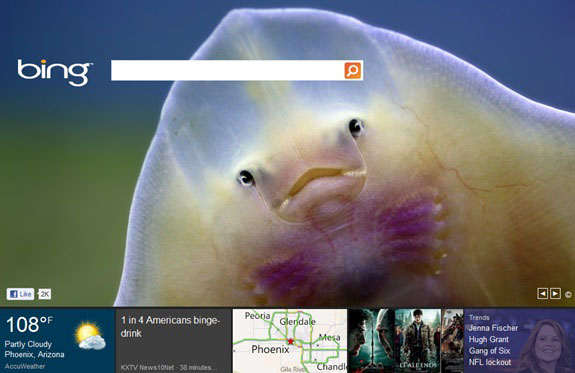So it’s official: By merging its various privacy policies into one master policy that permits it to intermingle the things it knows about you, Google has become evil. Or at least that’s the stance of Gizmodo’s Mat Honan, who isn’t alonein his furor:

Honan’s declaration of evil is a riff on Google’s famous unofficial motto, “Don’t be evil,” which was apparently proposed by staffers Paul Buchheit and Amit Patel at a 2001 meeting. Google continues to saying that not being evil is one of its core principles to this day. So the fact that Honan and others are saying that the company has finally crossed an ethical line into evilhood is a unique, sad moment in Google history.
Except…
People have been accusing Google of being evil–or at least wondering whether it has become so–for almost as long as Google has been claiming that it isn’t evil. I can’t lay my hands on any examples from 2001 or 2002, but it became a hot topic in 2003 and has never let up.
Continue Reading →

 (image courtesy Within Windows)
(image courtesy Within Windows)

